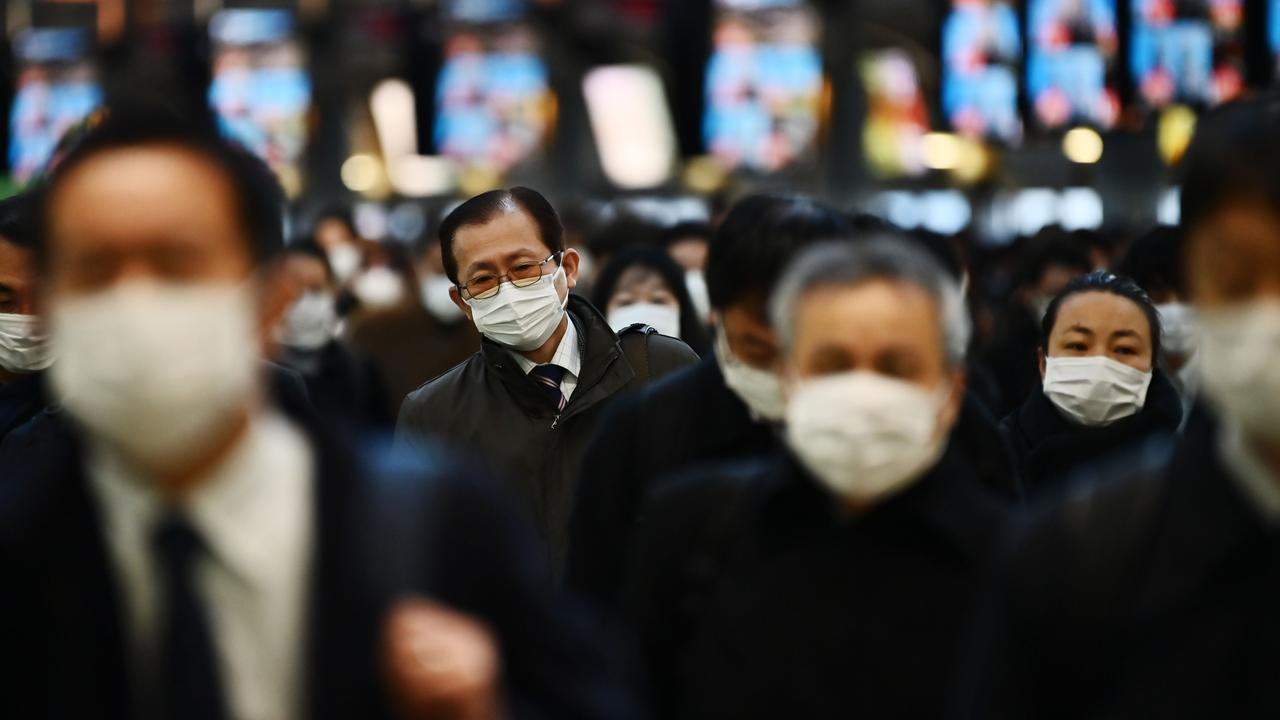How coronavirus self-isolation could use up your annual leave
NSW Government workers are among those who may have to use their annual leave days if they self-isolate over the coronavirus.
As the global coronavirus outbreak worsens, employers in Australia are considering what measures may need to be enforced to help contain the spread, raising questions about workers’ rights and annual leave.
Confirmed cases of the virus, which is no longer just presenting in patients who have visited other affected countries, are on the rise in Australia, with some NSW State Government employees among those told that quarantine periods could come out of their annual leave.
NSW Health workers have been told they can access paid special leave on top of their regular leave entitlements to cover a potential coronavirus isolation period.
But, if they visit countries considered cautionary or ruled out by the government’s Smart Traveller website as a result of the virus outbreak, they will be forced to use annual leave if they need to take time off.
“In very exceptional circumstances, staff may be ineligible for special leave if they use private leave and travel to a location where the Government’s Smart Traveller advice is ‘do not travel’ or ‘exercise a high degree of caution’,” a NSW Government spokesman said in a statement.
There are currently more than 80 countries under those two classifications, with China, South Korea, Iran and Italy among the countries Australians have been told not to travel to.
The discrepancy has raised concerns among experts that employees – especially those hired on a casual basis – will keep their travel plans secret to avoid being forced to use up annual leave or take time off, placing colleagues at risk.
“We are fighting an epidemic and the reality is that diseases do not obey industrial law,” Unions NSW secretary Mark Morey told news.com.au.
“Many employers rely on casuals week in, week out and have built their entire business around them. To prevent sick people coming to work, they should keep paying these people if they have to self-isolate and do everything possible to allow them to work from home.”
RELATED: Aussies ‘not prepared’ for virus sick leave
RELATED: Can my boss force me to take sick leave?

Mr Morey said that the federal government needed to “wise up” as well, and realise that very few casual employees have the financial means to stay home from work for a fortnight without pay.
Associate at Coleman Greig Lawyers, Lisa Qiu, told news.com.au that, where possible, employers should also try to enable employees – both casual and full time – to work from home if they need to self-isolate.
“This can assist employee’s mental wellbeing during isolation as it gives them a feeling of normalcy, and it could also allow them to keep getting paid their ordinary wages,” Ms Qiu said, adding that it would also enable businesses to continue operations as usual.
RELATED: Follow the latest coronavirus updates
RELATED: What should I do if I’m sick?
Ms Qiu said that she didn’t believe it was fair for employers to expect workers to use annual leave if they needed to be quarantined. But, she said, “given that many businesses are looking at redundancies, this might be the less of two evils in regards to redundancy versus using annual leave”.
When it comes to the possibility of having to take leave for a quarantine period, Ms Qiu said the type of leave employees could take was dependent on a few factors.
If they’re travelling from China, South Korea, Iran or now Italy, the absence from work “should be deducted from the employee’s accrued personal leave, the same as an employer would for anyone who is away from work due to illness, for an extended period of time”.
If they have not been directed by the government to self-isolate but their employer is directing them to self-isolate “because the employer wants to be extra cautious about protecting the workplace, then that absence should be paid special leave”, Ms Qiu said.
“Employers should not be taking this leave as personal leave (because the person is not sick, and would be cleared to come to work), or annual leave because annual leave should be at the request of the employee.”
The Prime Minister later confirmed that casual employees and independent contractors may in fact qualify for a welfare payment if they were forced to self-isolate.
Casual employees and independent contractors, including those working in the gig economy, such as Uber drivers, don’t get paid sick leave but are able to apply for the sickness allowance.
That’s a means-tested payment that can pay out up to $560 for childless singles and $1010 for couples and can come with a one-week waiting period.
However, Mr Morrison said last week that period would now be waived.



